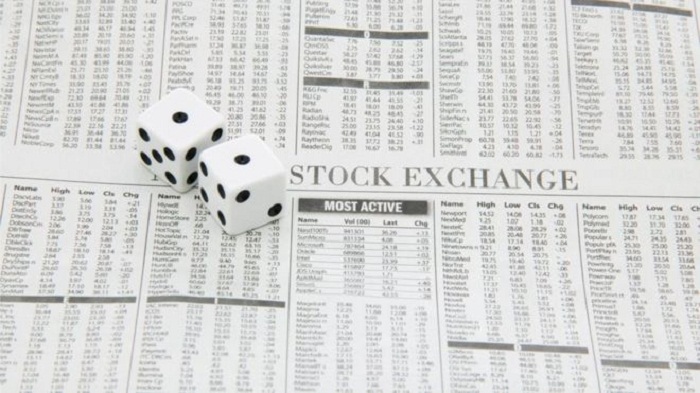Climate risk could undermine investments, report warns

No investor was "immune from the risks posed by climate change", they added.
In a recent speech to the City, Bank of England Governor Mark Carney said climate change would "threaten financial resilience".
The report, Unhedgeable Risk: How Climate Change Sentiment Impacts Investment, was commissioned by the University of Cambridge Institute for Sustainable Leadership (CISL) and the Investment Leaders Group.
It focused on the short-term risks associated with how investors reacted to climate-related information, such as policy decisions to market confidence and extreme weather events.
No immunity
The authors said the report`s findings added to previous studies that had analysed the direct, physical effects of climate change on long-term economic performance.
"This new research suggests that no investor is immune from the risks posed by climate change, even in the short run," explained CISL Sustainable Economy director Dr Jake Reynolds.
"It is surprisingly difficult to distinguish between risks that can be addressed by an individual investor through smart hedging strategies and ones that are systematic and require much deeper transformations in the economy to deal with," he added.
"That`s what this report attempts to do."
The study focused on potential short-term impacts on investor sentiment/confidence that could emerge at any time, such as an extreme weather event or the outcome of the UN climate talks in Paris.
The authors modelled the impacts using three scenarios:
• Two degrees: limiting average global temperature rise to 2C (1.8F) above pre-industrial levels, a strategy favoured by climate experts
• Baseline: where past trends continue (business-as-usual) and there is "no significant change in the willingness of government to step up actions on climate change"
• No mitigation: no "special consideration of environmental challenges, rather the hope of pursuing self-interest will allow adaptive responses to any climate change impacts as they arise"
These scenarios were applied to four "typical investment portfolios" in order to understand the resilience or vulnerability of investments to climate-related shifts in market confidence.
"One of the key findings (from the modelling) is that it reveals the potential for very significant, short-term financial impacts for investors whereas previously, I think, a lot of the analysis had pointed to the longer term, multi-decadal impacts," explained CISL Finance Sector director Andrew Voysey.
"This is particularly timely because Mark Carney at the Bank of England has recently warned about the potentially huge losses to markets in the short term as a result of climate change.
"He indentified this issue and the Bank of England then went on to note the merit in "stress testing", which is the technical name of the technique that we have deployed here."
The modelling showed that shifts in climate change sentiments among investors could cause global economic growth to slow over five to 10 years.
But, the authors noted: "The study found that economic growth picks up most quickly along a Two Degree (low carbon) pathway, with annual growth rates of 3.5%; not only exceeding the Baseline scenario (2.9%) but significantly exceeding the No Mitigation scenario (2.0%)."















































